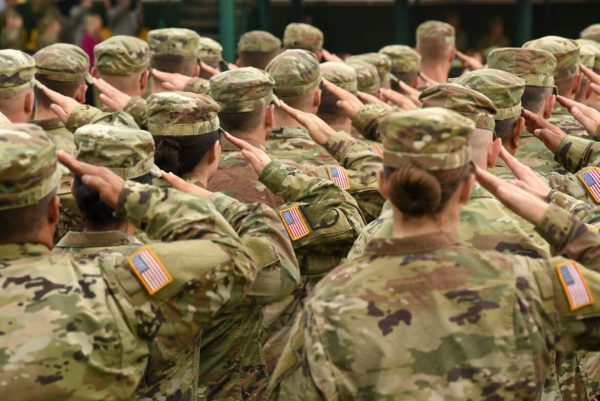We begin our ongoing series with a profile of George Washington.
As a country, we are fortunate that quite a few of our presidents served in the military during a time of war prior to becoming president. At least 12 wore the uniform and served during a conflict, among them:
1. George Washington, 1st president (1789–1797), Revolutionary War
2. Andrew Jackson, 7th president (1829–1837), War of 1812
3. Zachary Taylor, 12th president (1849–1850). Mexican-American War
4. Ulysses S. Grant, 18th president (1869–1877), Civil War
5. Theodore Roosevelt Jr., 26th president (1901–1909), Spanish-American War
6. Harry S. Truman, 33rd president (1945–1953), World War I
7. Dwight D. Eisenhower, 34th president (1953–1961), World War I and II
8. John F. Kennedy, 35th president (1961–1963), World War II
9. Lyndon B. Johnson, 36th president (1963–1969), World War II
10. Richard M. Nixon, 37th president (1969–1974), World War II
11. Jimmy Carter, 39th president (1977–1981), Korean War
12. George H. W. Bush, 41st president (1989–1993), World War II
Each served with distinction, and in some cases, did something extraordinary during their military careers. In their later years, each demonstrated their love and admiration for the men who served under them.
This is the first in a series of 12 profiles of American presidents who served, detailing what we believe were their greatest contributions to our country. We are examining them in the order they served as president. In some cases, we will note their military accomplishments, and in others, what they accomplished as presidents.
George Washington
During the spring and summer of 1787, George Washington provided guidance for 55 state delegates who gathered for the Constitutional Convention in Philadelphia to debate the future of the United States.
This group of men was badly divided. They had come to revise the Articles of Confederation, which fundamentally treated each state as its own country. The results of that debate created a unique form of government that became a republic and formed the foundation of a government that, to this day, remains challenged, but still unique.
Washington wanted no part of politics, but it was clear no one else could lead such a diverse body. Soon after the Convention on May 14, 1787, the delegates unanimously elected Washington as the Convention president. This was significant, as the nomination was one of the few things the two groups of delegates— Federalists and anti-Federalists—could agree on.
From the beginning, Washington worked to create consensus, demanding complete secrecy as the delegates debated. Washington set himself above the debate. As a result, the delegates themselves were able to find common ground and ultimately scrapped the Articles of Confederation.
By remaining quiet, Washington allowed the delegates to debate the creation of the Constitution among themselves. His military experience during the Revolutionary War taught him that this new country would never be able to defend itself or prosper without a strong central government and a single executive leader. However, he did not allow his bias to sway the other delegates. What he did was maintain order when the debate became contentious and provided a deciding vote on several proposals.
After four months of debate, the delegates reached an agreement, and on September 17, 1787, the Constitution as we know it was born.
James Monroe spelled out what Washington had accomplished: “The important role Washington’s commanding presence played in achieving this outcome cannot be underestimated.”
Perhaps Madison (often considered the father of the Constitution) summarized this role best when, in a letter to Thomas Jefferson, he wrote, “Be assured, [Washington’s] influence carried the government.”
Washington had previously expressed his concerns in a letter to Madison on November 30, 1785: “We are either a united people, or we are not. If the former, let us, in all matters of general concern, act as a nation, which have national objects to promote, and a national character to support. If we are not, let us no longer act a farce by pretending to it.…”
Though historians may differ, to some degree, on the overall importance of Washington’s leadership as
Convention president, there’s no question his leadership helped guide the delegates.
Though Washington feared disunion, his leadership as Convention president succeeded in uniting the delegates and accepting the idea of a new federal government. The delegates acknowledged that he genuinely believed they needed to compromise and create a new federal government.
Historians do agree that the outcome of the Constitutional Convention was the creation of one the world’s greatest political documents, the Constitution of the United States.
In our opinion, Washington was a man of integrity who sacrificed much and was above politics.
Frank’s Sources from his personal library:
The Founders on the Founders by John P. Kaminski
American Creation by Joseph J. Ellis
1776 by David McCullough
Presidential Courage by Michael Beschloss
Madison and Jefferson by Andrew Burstein & Nancy Isenberg
Access Related Content
Visit the www.thecannatareport.com. To become a subscriber, visit www.thecannatareport.com/register or contact cjcannata@cannatareport.com directly. Bulk subscription rates are also available.



